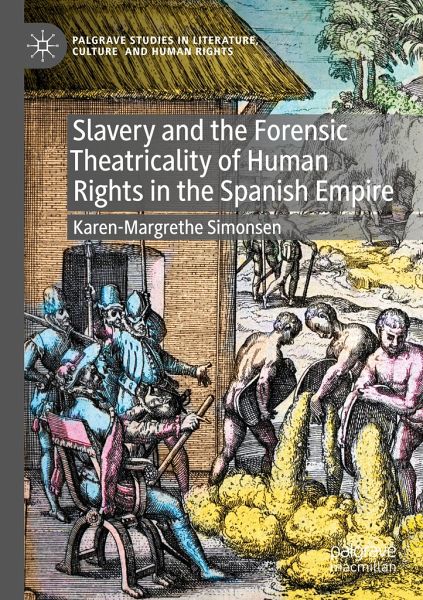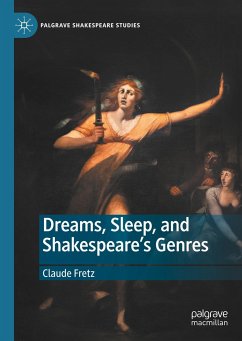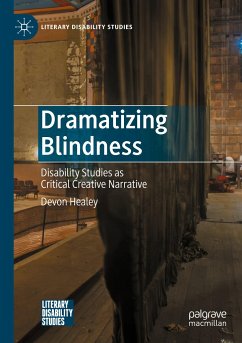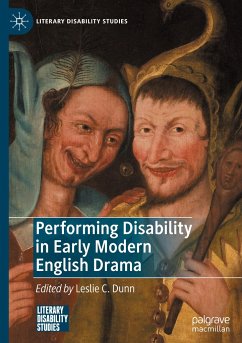
Slavery and the Forensic Theatricality of Human Rights in the Spanish Empire
Versandkostenfrei!
Versandfertig in 6-10 Tagen
91,99 €
inkl. MwSt.
Weitere Ausgaben:

PAYBACK Punkte
46 °P sammeln!
This book is a study of the forensic theatricality of human rights claims in literary texts about slavery in the sixteenth and the nineteenth century in the Spanish Empire. The book centers on the question: how do literary texts use theatrical, multisensorial strategies to denunciate the violence against enslaved people and make a claim for their rights? The Spanish context is particularly interesting because of its early tradition of human rights thinking in the Salamanca School (especially Bartolomé de Las Casas), developed in relation to slavery and colonialism. Taking its point of departu...
This book is a study of the forensic theatricality of human rights claims in literary texts about slavery in the sixteenth and the nineteenth century in the Spanish Empire. The book centers on the question: how do literary texts use theatrical, multisensorial strategies to denunciate the violence against enslaved people and make a claim for their rights? The Spanish context is particularly interesting because of its early tradition of human rights thinking in the Salamanca School (especially Bartolomé de Las Casas), developed in relation to slavery and colonialism. Taking its point of departure in forensic aesthetics, the book analyzes five forms of non-narrative theatricality: allegorical, carnivalesque, tragicomic, melodramatic and tragic.












